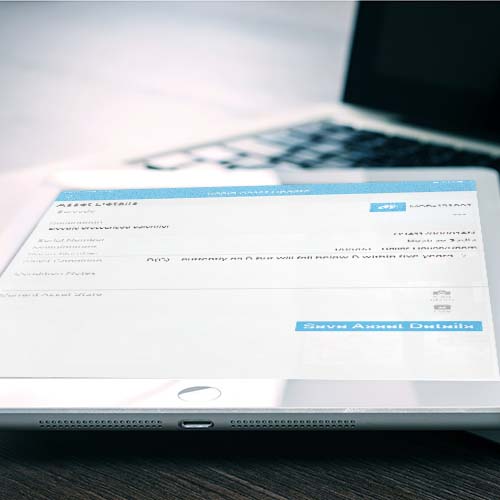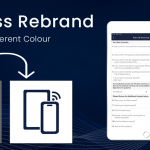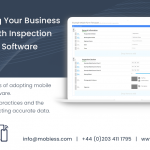The Necessary Digital Transformation of Facilities Management
Facilities Management in a Digital Age
In an increasingly digital world, the way in which organisations operate is governed by emerging technological trends. With these developments continuously altering how they use their real estate; it is essential that facilities management (FM) teams work to develop new strategies and enhance their capacities to keep up with the demands of the changing workplace.
However, many professionals in the industry remain inadequately equipped to take on this task. For example, many facility managers lack the necessary skills and experience to effectively use data to make better decisions and align their FM priorities with the broader objectives of the business.
In recent years, there has been a shift towards a digital age of FM, involving the adoption of technology to automate processes. In this article, we highlight some key reasons why you should digitally transform your business to meet modern office needs.
Reducing Costs and Boosting Productivity
Most operations involved in FM can be carried out more efficiently with the use of technology. From converting paper forms to simple digital checklists, to advanced asset lifecycle management, work order management and workflow automation, technology can accelerate a wide range of processes. It also facilitates transparency by allowing all responsible parties to access important information, allowing organisations to achieve greater operational, financial and strategic success.
Furthermore, technology can be used to acquire data that has previously remained untracked in the use of paper-based systems. This includes information about building use, such as how many employees occupy the workplace and when, the state or condition of the building and when the last inspection was. This data can be used to optimise operations and greatly improve overall productivity.
The Importance of Digital Transformation in Facilities and Field Service Management.
Digital transformation is not only implementing technology to enhance existing processes, but also the integration of digital technologies into all facets of a business, fundamentally changing how the organisation operates and delivers value to customers, which is easier said than done. This also involves a cultural change within a company, facilitating a shift in attitude or mindset on an organisational level.
Sometimes, this means walking away from long-standing business processes that companies are comfortable with in favour of relatively new practices that are still adapting and developing.
For growing organisations, digital transformation can demonstrate a willingness to invest in the best tools that your workforce can use to do their jobs effectively, increasing the likelihood of attracting top talent and building an appropriately talented workforce.
Ensuring Compliance
An essential aspect of FM is ensuring compliance with government regulations and safety standards. This involves inspecting everything within and around the buildings and offices facilities team manages. Whilst this process may have once required the use of paper forms, making it long, costly, and labour-intensive, compliance can be ensured in a much more simple, precise, and efficient manner through the use of technology.
Crossing the Digital Hurdle
It is evident that the digital transformation of facilities management is the way forward. However, many businesses may face practical barriers to the adoption of technology, and some leaders may be reluctant to invest in its implementation across their operations.
We understand that digital transformation is not as easy as it looks and definitely does not happen overnight. Every organisation has different needs, resources, and approaches.
For this reason, an excellent first step would be to start digitalising one or two processes at first, for example converting a form or inspection to a digital mobile platform. For some organisations, this may be enough, however it is important to consider how digitalising other processes would align and contribute to your company’s objectives and ambitions.
Assessing your options and partnering with a solution provider that offers the best tools and technologies for your business is crucial, however may vary in difficulty depending on the capabilities of that solution and your requirements. During the implementation of these technologies, it will be beneficial to have an employee who is technically skilled and strategically equipped to take the lead.
The complete digitalisation of your processes will require a significant change in how you view your operations. Whether you are transitioning from out-dated processes to new, efficient ones, or adopting a CAFM (Computer Aided Facilities Management) system, the benefits you will experience are invaluable. Your business will become more flexible and agile, enabling it to adapt to the rapidly evolving digital world.






